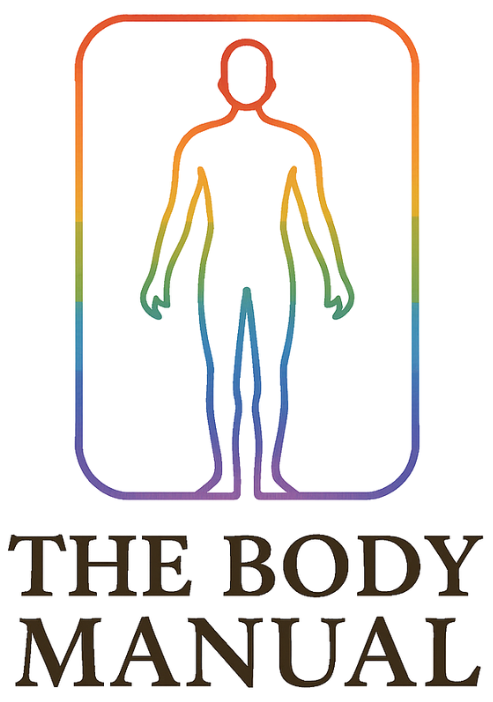By Dr. Zachary LaVigne, B.S., D.C.

You wake up excited, your pool party lewk is on point, and the day’s full of sun, friends, laughs, and maybe a few vodka sodas with a splash of LaCroix. But by sundown, you’re toast. Not just tired—drained. Like someone unplugged you from the wall. Sound familiar?
If your social battery tends to hit 0% by the end of the day, especially after big, loud gatherings like pool parties, it’s not just about being introverted or “getting older.” There’s real biology behind it. Your body’s internal systems, especially your nervous system, work hard to keep you feeling safe and socially engaged in stimulating environments. And just like a phone running too many apps at once, you can burn through your energy reserves without even realizing it.
Your Nervous System Is Working Overtime
Social events are fun, but they’re also demanding. Your brain is constantly scanning: Am I safe? Do I fit in? What’s that person thinking? Do I have sunscreen on my shoulders? That background vigilance is part of your sympathetic nervous system—your fight-or-flight response. And even at a chill queer pool party, it’s on.
This system evolved to protect us. In ancient times, being part of the group was survival. Getting kicked out of the tribe could literally mean death. So our brains got really good at picking up on subtle cues—facial expressions, tone shifts, group dynamics. That hyper-awareness still lives in us today.
Throw in heat, alcohol, body image pressure, music, and the expectation to be “on,” and suddenly your nervous system is juggling flaming torches while walking a tightrope.
Sensory Overload Is Real
Pool parties hit all the senses: loud music, bright sun, wet bodies, splashing water, strong smells (chlorine, sunscreen, barbecue), and a blur of conversations. Even if you’re loving it, your brain is constantly processing.
This sensory load can push your body toward a state called allostatic overload—essentially, your stress response working beyond capacity. Over time, this leads to fatigue, irritability, digestive issues, and poor sleep. You’re not weak; you’re just overstimulated.
The Introvert/Extrovert Myth
A lot of us chalk this up to being “an introvert,” but it’s more nuanced. You can love people and still get wiped out by a full day of social activity. That’s because social energy is a resource, not a personality trait. You recharge by giving your nervous system a break, not just by being alone.
And for queer folks, there can be an extra layer. Body image, gender expression, internalized stuff from childhood—it can all bubble up in settings where we’re seen. Even joyful, affirming spaces can activate a low-grade hum of nervous tension. It’s okay. You’re not broken. You’re human.
How to Recharge (Without Ghosting)
1. Build breaks into your day. Sneak off for a moment alone—get quiet, breathe, reset. Five minutes helps.
2. Drink water and eat real food. Fuel your body. Alcohol + sun = a recipe for a crash.
3. Find a soft place to land. After the party, dim the lights, skip the screens, and avoid late-night overcommitments.
4. Get cold or get grounded. Cold water, bare feet on the ground, or a few stretches can downshift your nervous system.
5. Be honest. If you’re spent, say so. You don’t have to “rally.” Stillness is a strength, too.
The truth is, we weren’t built for eight straight hours of small talk, sun exposure, and swimsuit scrutiny. We were made for moments of joy followed by moments of recovery. That’s the ancient rhythm: connection, then quiet. So next time your social battery hits empty by sunset, don’t judge it. Honor it. That’s your body asking for what it’s always needed—space to come home to itself.